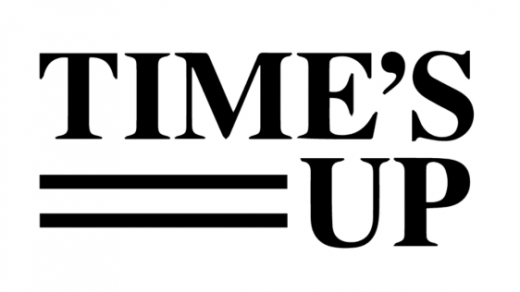Hollywood power women start 2018 with a major plan to end sexual harassment
Hollywood is getting a jump-start on what should be its biggest New Year’s resolution: coming up with solutions to combat the rampant workplace sexual harassment that has inundated the news cycle since October.
Some 300 actresses and female executives, agents, writers, directors, and producers have teamed up for an ambitious initiative called Time’s Up, reports The New York Times. The aptly named initiative will focus on combating power imbalances not just in Hollywood, but also in the blue-collar sector.
The focal point of Time’s Up is the creation of a $13 million legal defense fund that will help underprivileged women in workplaces such as factories and hospitals by enabling them “to come forward without fear of legal, career or financial retaliation and work toward a culture free from sexual harassment,” according to a press release. Donors to the fund include some of the biggest names in Hollywood, including Shonda Rhimes, Meryl Streep, Reese Witherspoon, and Jill Soloway. Tax-deductible contributions can also be made through the fund’s GoFundMe page.
Time’s Up will also work to come up with legislative solutions to workplace policies that exacerbate serial harassment—like nondisclosure agreements meant to silence victims. Recently, Vice News came under fire for a culture of harassment that was propelled by a “nontraditional workplace agreement” where employees had to sign that they might be exposed to “offensive, indecent, violent or disturbing” content and agree to not find such content offensive or disturbing.
The launch of Time’s Up follows an announcement in December that U.S. attorney Anita Hill would chair Hollywood’s new commission on sexual harassment. According to the Times, the movement is also encouraging female Golden Globes attendees who walk the red carpet to dress in black to raise awareness.
“Look, this isn’t going to be easy but it is right,” Rhimes said in a press release. “And fighting for what is right can seem hard. But letting what is wrong become normal is not easier–it is just more shameful.”
Fast Company , Read Full Story
(20)



